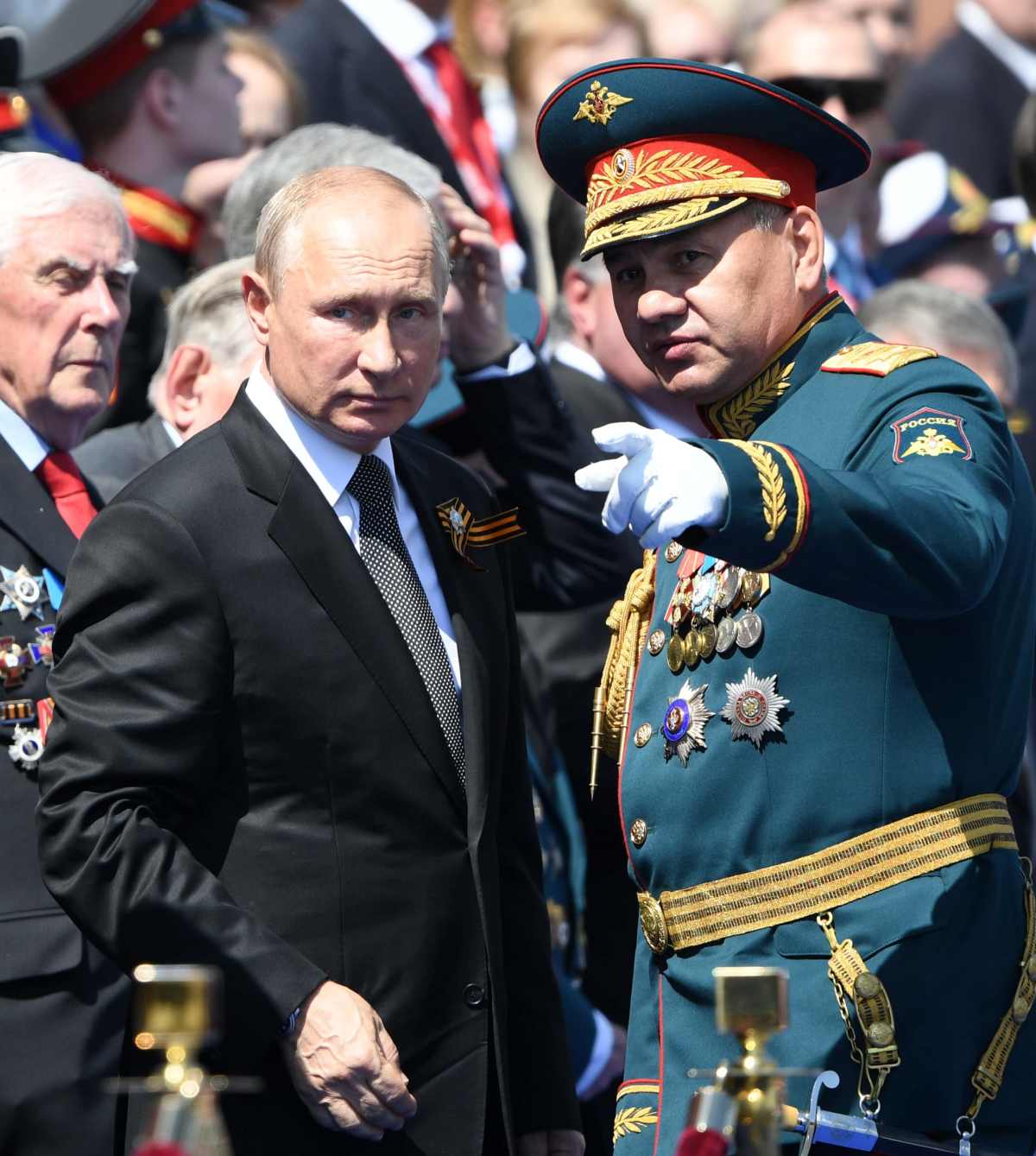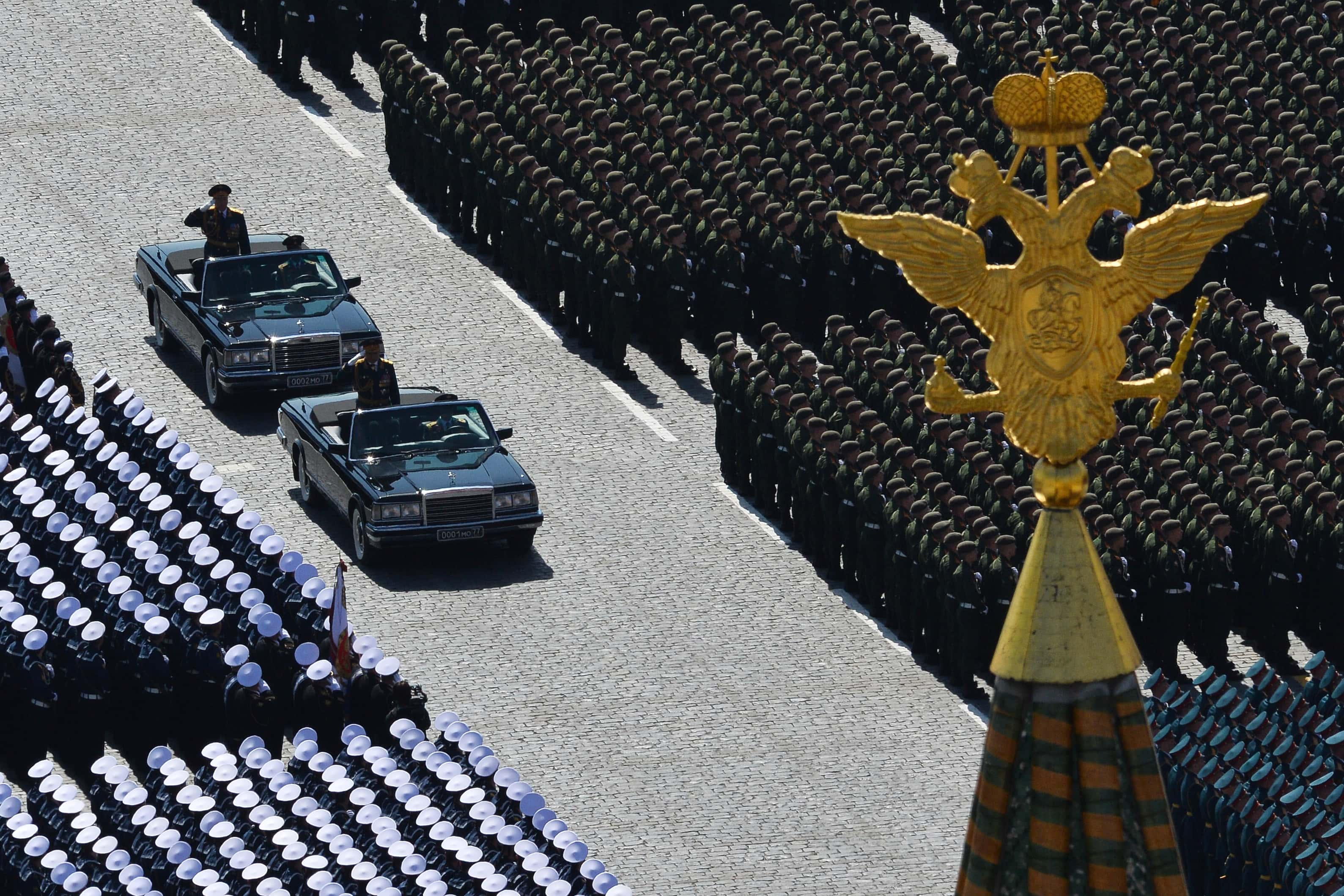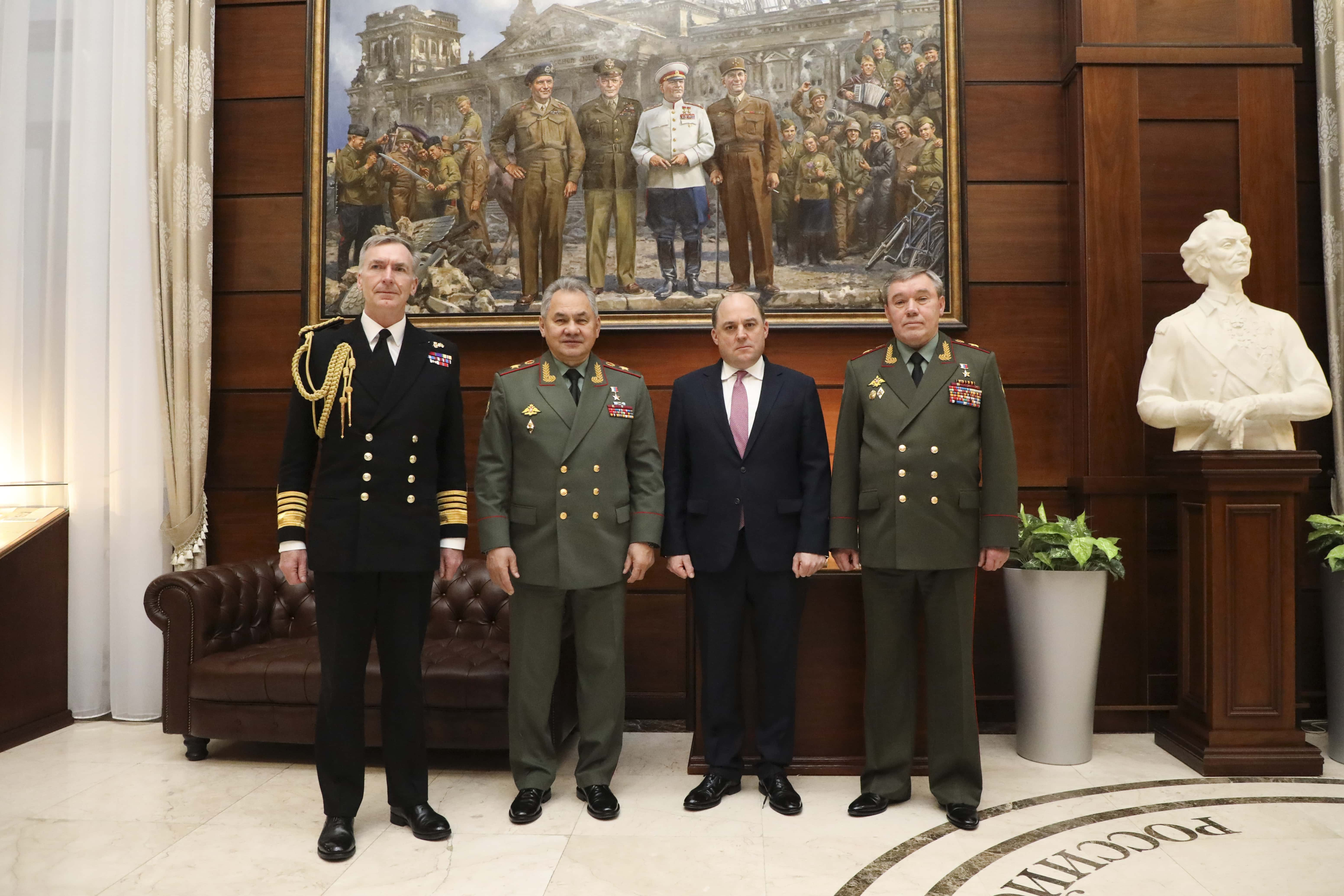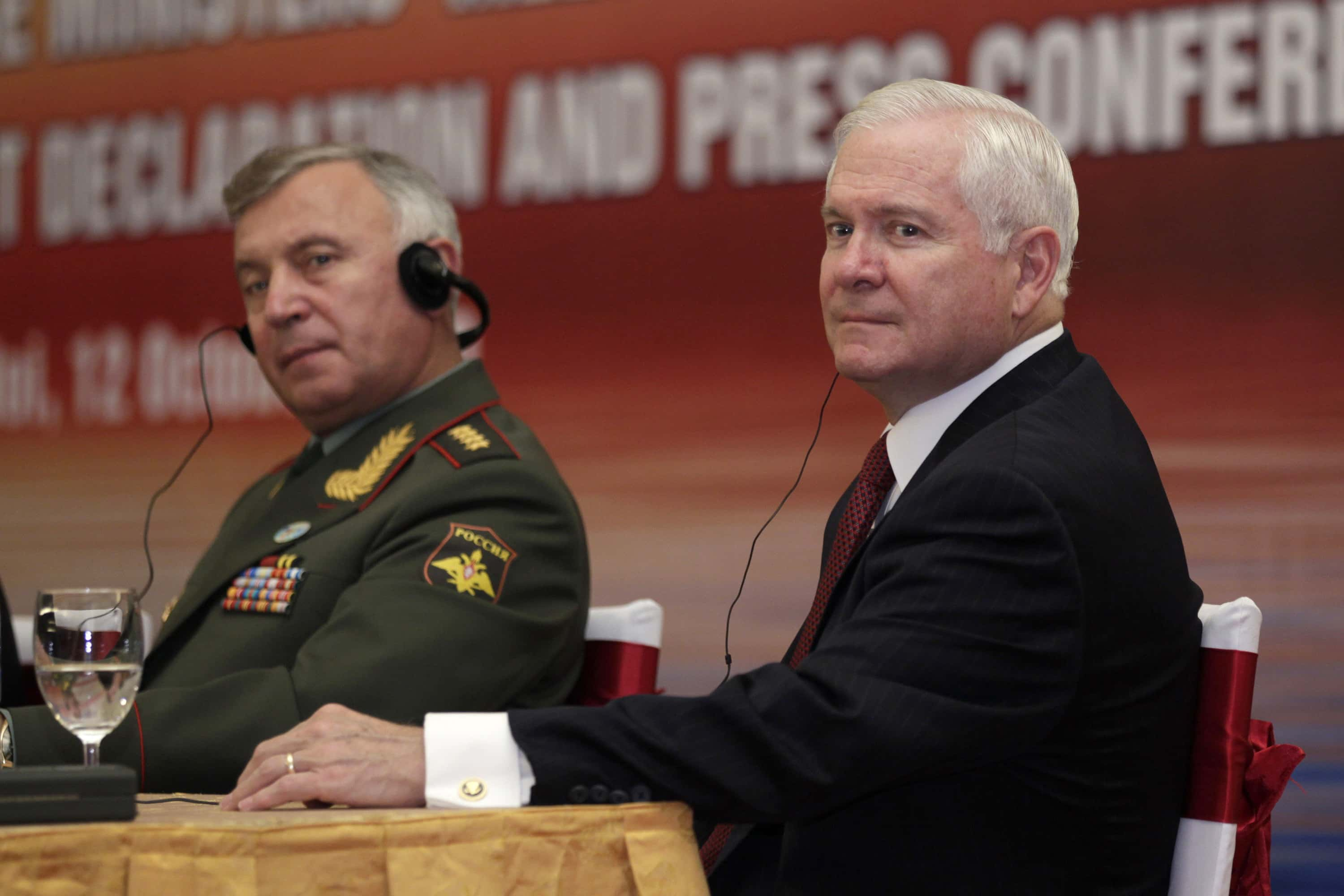Sergei Shoigu and Valery Gerasimov: Putin's most loyal men in focus as Ukraine invasion falters

Two Russian military officers have become central figures in the war launched by Vladimir Putin against Ukraine.
Russian Defence Minister Sergei Shoigu and armed forces Chief of Staff Valery Gerasimov are extremely close to the Russian president. In fact, they were his military cortège during his February 28 televised announcement about having put Russia's nuclear deterrence forces on alert. Shoigu and Gerasimov, in Putin's eyes, are the architects of Russia's successful campaign to annex Crimea in 2014, its military strategy in Syria, as well as backing pro-Russian saboteurs in Ukraine's Donbas region.
RELATED ARTICLES
Time running out for Russian army: Top British General says military 'in a mess'
Who was Vitaly Gerasimov? Ukrainian forces kill second Russian general in a week
Both Shoigu and Gerasimov -- who were appointed to their respective posts within weeks of each other in 2012 -- are described as being among the most loyal of Putin's followers, France24's Sébastian Seibt reported.
Sergei Shoigu
Seibt called 66-year-old Shoigu the eternal heir apparent, considering he had as much influence under Boris Yeltsin at the end of the 1990s as under Putin. He began his political career at the end of the Soviet era, being appointed as defense minister in 2012 despite having no prior military or secret services experience. Russian daily Moscow Times cited his greatest quality as being "a servant to the tsar and a father to soldiers," paraphrasing Mikhail Lermontov’s famous poem “Borodino” which lauds the Russian army's achievements.

Sergei Konvis, a politician from the Tuva region Shoigu hails from, described him as a "perfect chameleon" who was able to transform himself to suit the pleasure of his leaders. He became the minister of emergency situations under Yeltsin -- drafting an outfit with more than 350,000 men and a specialized police force to combat any attack on Russian soil. It is worth noting that Shoigu was a very active minister who never failed to visit the scene of a tragedy, something that earned him great popularity within the state.
Many presumed Shoigu would be Yeltsin's successor, but it was Putin who took the throne in 2002. This, however, did not deter Shoigu and he immediately placed himself at the service of the new Russian strongman. He went on to lead the Putin-backed United Russia party in order to cement the president's hold on the regime. What's more? Shoigu has invited Putin several times to his house in Tuva, hosting high-profile fishing parties for the president. According to The Guardian, Shoigu is also credited with the vast modernization of the Russian army, and he supervised the dreaded Russian military intelligence service or GRU as the defense minister.

Valery Gerasimov
Gerasimov was born in 1955 in Kazan, one of the most populous Russian cities, and went on to serve in the armored divisions of the Red Army throughout the former Soviet Union. He was also one of the commanders of the North Caucasus army during the second Chechen war (1999-2009). In 2012, the BBC reported how Anna Politkovskaya -- a famous journalist and critic of the Russian government who was murdered in 2006 -- had described Gerasimov as an example of “a man who knew how to preserve his honor as an officer” during the Chechen conflict. He attained mythical status in society after he arrested and convicted a Russian soldier accused of brutalizing and murdering a young Chechen woman during the war.

Described by Shoigu as a “military man from head to toe”, Gerasimov led operations in Ukraine in 2014, in Syria a couple of years later, and now again in Ukraine. He is often said to be the inventor of Russian “hybrid warfare” -- which combines armed attacks with non-military methods such as cyber attacks -- to prepare the ground for soldiers. There is also a "Gerasimov doctrine" named for this military approach.

However, Mark Galeotti -- an expert on Russian military issues -- has refuted claims that there is such a doctrine in Russia and emphasized that Gerasimov is not a war theorist. According to Galeotti, the misunderstanding came after a 2013 speech in which Gerasimov said the “border between war and peace had become increasingly blurred” and that “non-military means of achieving strategic goals had gained in importance." The speech was perceived as prophetic following Russia's annexation of Crimea, where unconventional means including propaganda and false-flag operations were used to forge a favorable narrative.










